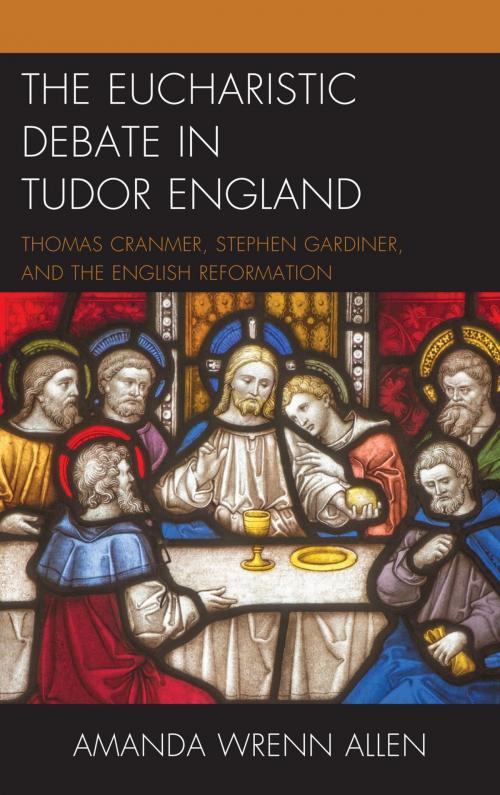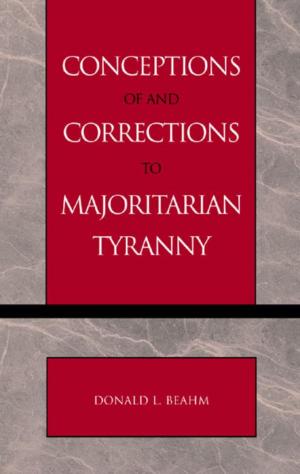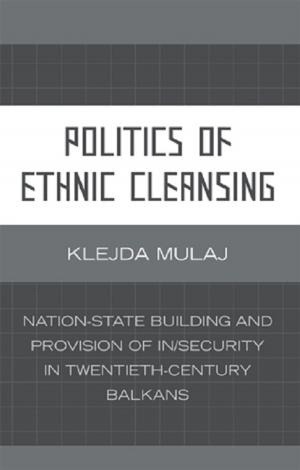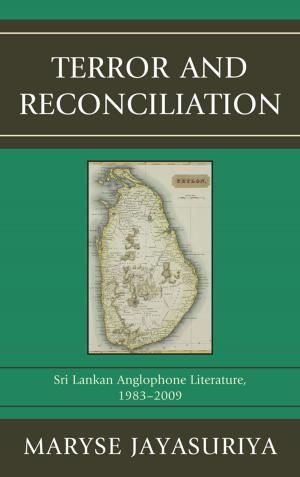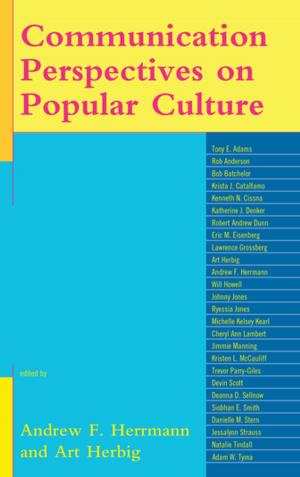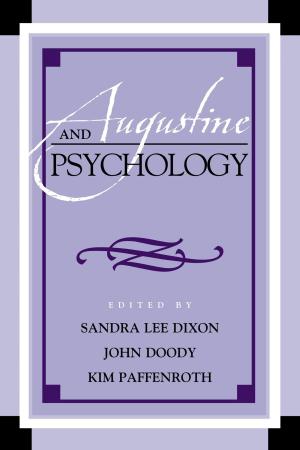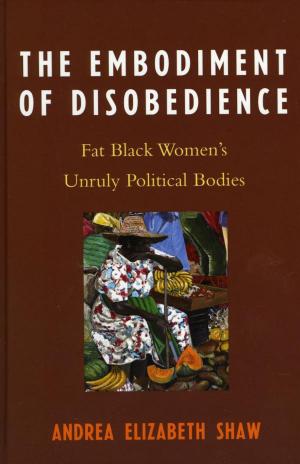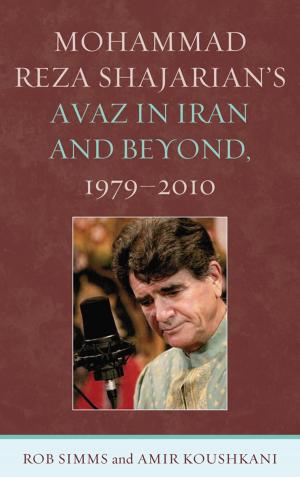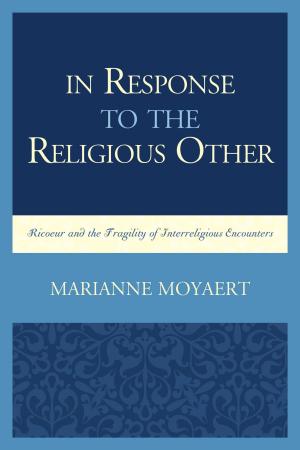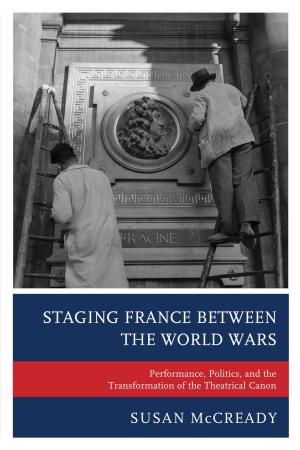The Eucharistic Debate in Tudor England
Thomas Cranmer, Stephen Gardiner, and the English Reformation
Nonfiction, Religion & Spirituality, Reference, History, Medieval, British| Author: | Amanda Wrenn Allen | ISBN: | 9781498559768 |
| Publisher: | Lexington Books | Publication: | August 15, 2018 |
| Imprint: | Lexington Books | Language: | English |
| Author: | Amanda Wrenn Allen |
| ISBN: | 9781498559768 |
| Publisher: | Lexington Books |
| Publication: | August 15, 2018 |
| Imprint: | Lexington Books |
| Language: | English |
In 1550–51, English Archbishop of Canterbury Thomas Cranmer engaged in a debate with Bishop Stephen Gardiner. Archbishop Cranmer was asserting a new Reformed view for England's Eucharist theology, but he faced opposition from England's leading traditional theologian, Gardiner. Gardiner remained faithful to the traditional doctrine of transubstantiation, while Cranmer was formulating a Spiritual Presence theology. This book analyzes the debate, asking how both Cranmer and Gardiner arrived at opposing theologies despite being involved similarly in English religion and politics. To answer the question, the book examines each author's use of scripture, continental Reformers, and early Church Fathers.
The book also argues that the personal and political context surrounding the two men shaped the nature of the theological debate. While trying to push Edward VI's England toward greater Reformation, Cranmer faced continued opposition from Gardiner who was imprisoned throughout Edward's reign. Gardiner sought release from prison and a return to authority, while Cranmer sought validation for his new theology and its associated legislation. To counter Gardiner's challenge, Cranmer had to create a clear Eucharistic theology. This political and personal climate therefore forced Cranmer to create England's Spiritual Presence theology by 1552 that was adopted in the 1558 Elizabethan Settlement and Anglican Church. It was this debate that set Anglicanism for England.
In 1550–51, English Archbishop of Canterbury Thomas Cranmer engaged in a debate with Bishop Stephen Gardiner. Archbishop Cranmer was asserting a new Reformed view for England's Eucharist theology, but he faced opposition from England's leading traditional theologian, Gardiner. Gardiner remained faithful to the traditional doctrine of transubstantiation, while Cranmer was formulating a Spiritual Presence theology. This book analyzes the debate, asking how both Cranmer and Gardiner arrived at opposing theologies despite being involved similarly in English religion and politics. To answer the question, the book examines each author's use of scripture, continental Reformers, and early Church Fathers.
The book also argues that the personal and political context surrounding the two men shaped the nature of the theological debate. While trying to push Edward VI's England toward greater Reformation, Cranmer faced continued opposition from Gardiner who was imprisoned throughout Edward's reign. Gardiner sought release from prison and a return to authority, while Cranmer sought validation for his new theology and its associated legislation. To counter Gardiner's challenge, Cranmer had to create a clear Eucharistic theology. This political and personal climate therefore forced Cranmer to create England's Spiritual Presence theology by 1552 that was adopted in the 1558 Elizabethan Settlement and Anglican Church. It was this debate that set Anglicanism for England.
